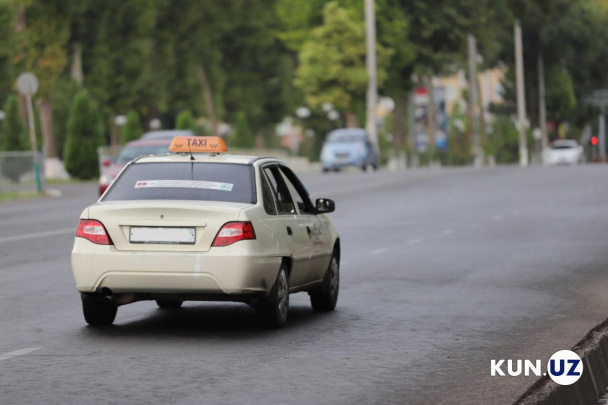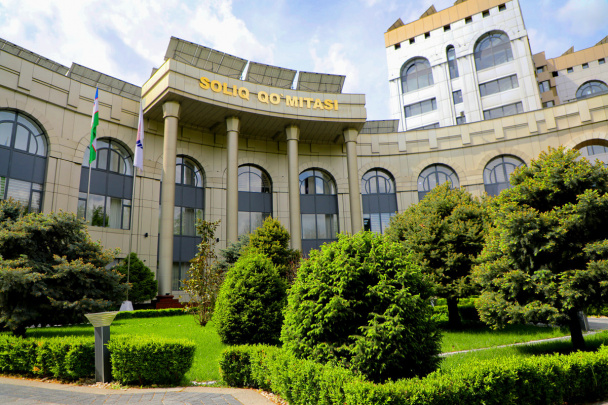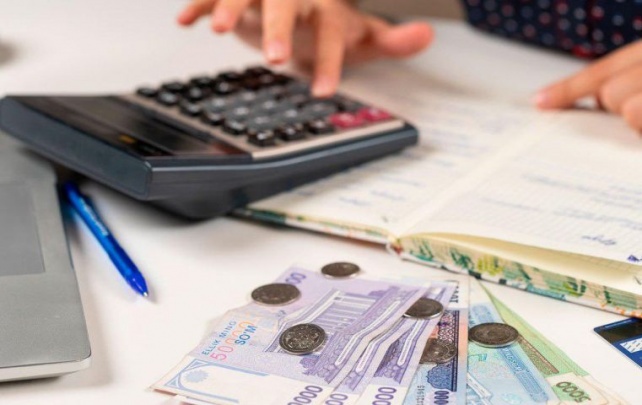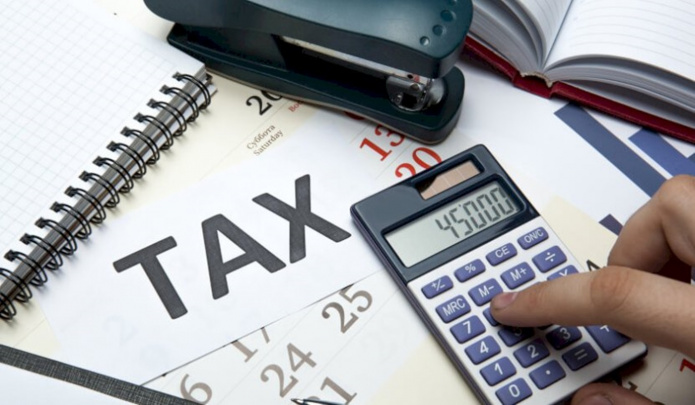“Card-to-card transfers may be blocked” – Tax advisor speaks about P2P control
From May 1, information on card-to-card transfers will be collected in the hands of tax collectors. In an interview with Kun.uz, tax consultant Murod Muhammadjonov said that the purpose of P2P transfer control may be to make money from invoices. He expressed concern that the tax authorities will block the transfer of funds to some individuals.

Murod Muhammadjonov Photo: Kun.uz
Is the goal to make money from invoicing?
- As for the issue of monetization, they are saying that invoices are free for now. Because invoice preparation services prepared invoices for free and trained people for several years, when all invoices began to be issued electronically, they made them paid. Similarly, transactional invoices are said to be free and tax-free. The invoice itself is a document confirming the sale of products and services. But there is no realization here – it does not make sense to issue an invoice.
As for the intended purpose, I see 2 things in it: in the case of monetization, the so-called free invoices will eventually be priced in the form of 10 soums, 20 soums, 100 soums, 200 soums for each invoice. What does this mean? If there are 1 million transactions per day, 200 soums means 200 million soums per day. Now calculate your monthly income. It’s just a way to get caught up with the transaction.
If the invoice is actually paid in installments, the cost will be borne by the sender. Usually, the money sender is interested in sending money faster.
“Transfers to a person may be blocked, just like a VAT certificate”
- There is a second side and it is very dangerous – no one sees this side. This is a case of blocking funds transferred from an individual to an individual. Now they can send an invoice, tomorrow they will not issue an invoice to such an individual. If I want to transfer money to you, the tax authority will put a block on the invoices for the money transferred to you. This means I won’t be able to transfer money to you.
No one will block your card, but you will be blocked from issuing an invoice. As a result, more people will move to e-management, and they will be interfering in more people’s personal finances. This will lead to more corruption in the future. They block anyone they want.
What can it be compared to? What was the first thing that was said when issuing a certificate on value added tax? In the Tax Code says that a VAT certificate will be issued and the State Tax Committee will manage the account of VAT payers. At that time, when we said that “tomorrow everyone will be tortured with a certificate”, they said: “No, it’s just for keeping accounts, there is no purpose of control here”. But if you look at it now, they will cancel the VAT certificate of the entrepreneur they don’t like. It is causing a lot of corruption. If they want, then they will someone to work, if not – they will be restricted from operating. Tax authorities ignore the court decisions and block the VAT certificates of entrepreneurs.
The same thing is happening with money transfers, they are following the trick that they don’t charge any tax. The danger is that tomorrow they might block transferring money to whoever they want, the platforms will not be able to do anything: “They don’t give the invoice, if they don’t give it, I can’t transfer it”. Now they begin to block the money circulation of individuals.
Before this norm was approved, was its impact on the economy analyzed?
- There is another situation. It is being discussed in the circles of tax authority employees: “Businessmen are asking to transfer to plastic when doing business, we want to prevent that”. Businessmen are making calculations by accepting payment from card to card, not from the terminal, so they say they want to control it. For this thing, the introduction of invoicing to everyone, the transition to management by blocking the transfer of money through invoices is nonsense. First of all, before any norm is issued, it should be analyzed and its impact on the economy should be studied.
How often do you ask for a plastic-to-plastic transfer? How much are plastic to plastic transactions? What is the approximate amount transferred from it for trade? How much was the tax due? Without such an analysis, people are doing such things, fearing that this has happened in 100, 1,000 cases, and this is being pushed into the legal norm. However, this is not a global problem. True, there are such cases, but first we need to study the impact on the economy.
In a normal situation, there are about 300,000 turnover tax payers. People who do P2P in this case are usually people who run small shops for a living. Big stores such as Korzinka and Makro do not say so. About 300,000 turnover tax payers, and the tax paid by all these 300,000 entrepreneurs makes up 2% of the total budget. What percentage of them are now asking to do P2P? It should be analyzed.
Even if we fear that 150,000 of them are asking for P2P, what percentage of their total sales are P2P payments?
“Rather, tax benefits should be removed”
- Without calculating and analyzing how much revenue has not been received in the budget, a norm is being introduced that will cause the discontent of the entire nation. Rather, if the benefits of giant organizations with large tax breaks are removed, instead of 2%, the budget can receive 4, 5, 7% more revenue.
Such big issues are being ignored. They are chasing very small losses and moving towards a system that leads to corruption.
Recommended
List of streets and intersections being repaired in Tashkent published
SOCIETY | 19:12 / 16.05.2024
Uzbekistan's flag flies high on Oceania's tallest volcano
SOCIETY | 17:54 / 15.05.2024
New tariffs to be introduced in Tashkent public transport
SOCIETY | 14:55 / 05.05.2023
Onix and Tracker cars withdrawn from sale
BUSINESS | 10:20 / 05.05.2023
Latest news
-
Massive embezzlement uncovered at Andijan State University: Rector, chief accountant and other officials jailed
SOCIETY | 20:36 / 07.07.2025
-
Uzbekistan's economy expands 6.8% in first half of 2025
SOCIETY | 20:34 / 07.07.2025
-
Heatwave triggers nearly 250,000 emergency calls across Uzbekistan
SOCIETY | 20:31 / 07.07.2025
-
Why medicines cost more in Uzbekistan? Pharmaceutical Agency chief explains
SOCIETY | 18:21 / 07.07.2025
Related News

17:34 / 02.07.2025
Gov’t introduces automatic tax withholding for high-income self-employed drivers and couriers

13:21 / 30.06.2025
Overpaid taxes can now be redirected to cover other tax obligations under new law

13:27 / 27.06.2025
Economist Otabek Bakirov criticizes IMF's call for higher taxes on the working class

15:26 / 26.06.2025



